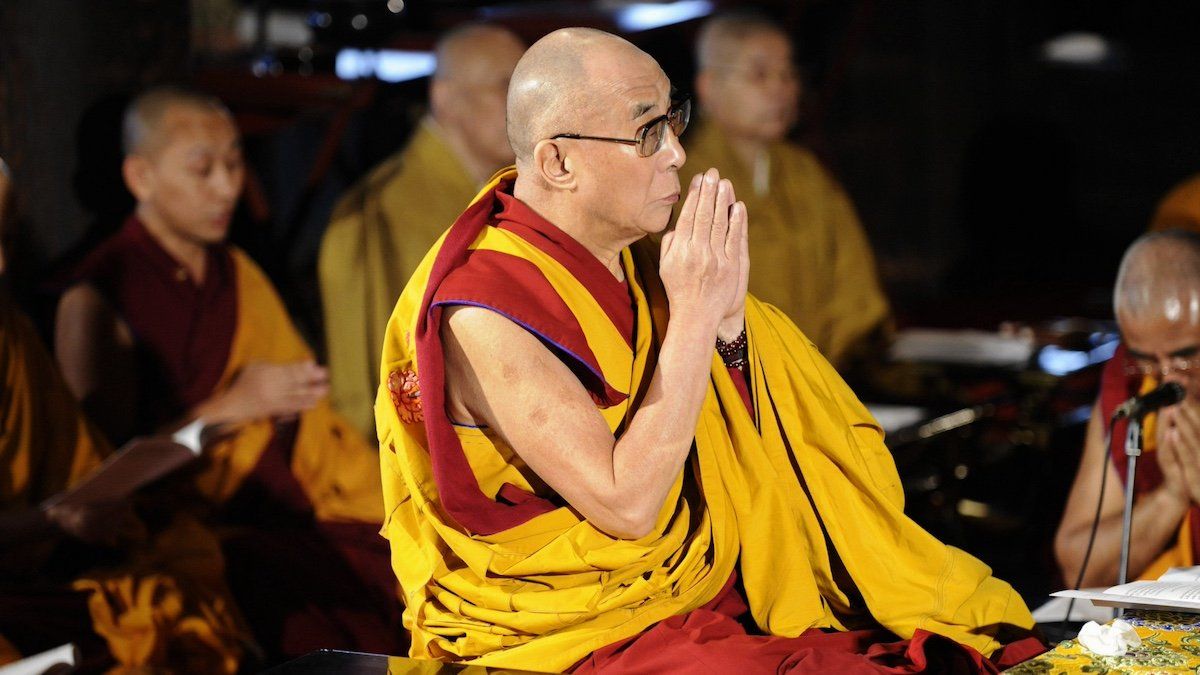His Holiness the 14th Dalai Lama Tenzin Gyatso arrives in the United States on June 20 for surgery – his first trip outside India since 2018. The spiritual leader of Tibetan Buddhists is reportedly having a procedure on his knees, but his visit compounds the delicate choices now facing the White House.
Joe Biden made a campaign promise to meet with the Dalai Lama, and with just months remaining in his first term, this might be the only good chance he gets. That said, the president is in the midst of a delicate stabilization process with China, which conquered Tibet in 1950 and forced the Dalai Lama to flee to India in 1959. Beijing has long considered the Dalai Lama a threat to the regime and has attempted to punish countries that give him an audience.
“A meeting between Biden and his Holiness, under any circumstance, would be seen as violating a diplomatic taboo by Beijing,” says Dominic Chiu, senior analyst at Eurasia Group.
“The current communication channels and working groups established between Beijing and Washington to manage bilateral relations would be completely ineffective in managing such a scenario.”
Biden, in other words, might be wise to give the Dalai Lama a wide berth.
